Dental implants are a durable solution for damaged or missing teeth. However, some patients experience dental implant pain years after having them fitted. This pain can indicate implant failure or one of several other complications.
If you experience any kind of pain or discomfort at the implant site, it's best to contact your dentist immediately. A failing dental implant is something you should treat as soon as possible since it can damage your jawbone and even result in a bone graft being required.
Signs of Dental Implant Problems
Complications and implant failure can happen shortly after the procedure if the implant doesn't take or if an infection appears. However, some issues can appear months or even years after the procedure. Around five to ten per cent of dental implants end up failing, and problems don't always arise right away.
Here are some common signs of dental implant problems:
- You're experiencing pain or discomfort around the implant site.
- Your gums are sore and painful.
- You're seeing signs of inflammation or receding gums.
- The implant feels loose.
- Chewing is difficult or painful.
- There are changes in the appearance of the implant, surrounding teeth, or gum tissues.
Why Might Dental Implants Be Causing Pain?
You can experience dental implant pain years later for several reasons. If your oral surgeon installs an implant too close to a nerve, it could damage the nerve and surrounding tissues over time. You might experience pain, numbness, and tingling around the implant site or in other parts of your mouth and face.
It's not common, but your body can reject an implant years later. You would experience typical infection symptoms, including pain, discomfort, swelling, and fever.
Dental implants can become loose. This problem might indicate bone loss, but your implant can also get loose or dislodged after an injury. Implants can also break due to excessive wear and tear.
If you have a dental implant in your upper jaw, it could end up protruding into the sinus cavity and cause pain and discomfort.
Corrosion isn't common, but it can appear if you have old dental implants. Metallic debris and corrosion can cause inflammation and receding gums.
Periodontitis or peri-implantitis are common complications. Plaque can form around teeth or implants and cause bacteria to grow. Periodontitis can damage gum tissues and lead to infections if it isn't managed appropriately.
Issues with bones can cause implant pain years later. It takes months for an implant to fuse with your jawbone in a process called osseointegration. Your implant could get loose if the bone doesn't fuse properly. Furthermore, bone loss can reverse the process of osseointegration.
Smoking and some medication can also impact the healing process and cause implant failure.
How to Prevent Issues with Dental Implants
Adopting good oral hygiene and scheduling regular checkups with your dentist can prevent issues with dental implants:
- Brushing and flossing twice a day can prevent gum disease and infections.
- If you smoke, quitting should be a priority. Smoking can affect your bone structure, circulation, and increases the risks of implant failure.
- Be careful with your food and beverage choices. It might be best to avoid hard foods and to stay away from excessively cold or hot foods and beverages if you have sensitive teeth or gums.
- A mouthguard can prevent injuries and protect your implant if you grind your teeth a night.
- A diet rich in calcium can strengthen your teeth and jawbone and help with the implantation process.
When to See a Dentist
If you have dental implants, it's best to see your dentist once every six months for a checkup. Your dentist will inspect the dental site for any signs of inflammation and other issues. It's important to see your dentist regularly because simple things like teeth cleaning reduce risks of complications, and your dentist might be able to catch problems before they worsen.
You should see a dentist immediately if you experience implant pain, discomfort, or swelling. You should also schedule an appointment if your implant feels loose or if you damaged or broke the implant.
It's important to address dental implant issues as quickly as possible. Removing the implant is sometimes the best course of action. If you wait, the failing implant could damage your bone, gum tissues, or adjacent teeth and require more extensive dental care in the future.
Sources and References
-
[1]
Risk of Late Implant Loss and Peri-Implantitis Based on Dental Implant Surfaces and Abutment Types: A Nationwide Cohort StudyClinical Implant Dentistry and Related Research (PubMed Central)https://pmc.ncbi.nlm.nih.gov/articles/PMC11651715/
-
[2]
Smoking and dental implantsJournal of International Society of Preventive & Community Dentistry (PubMed Central)https://pmc.ncbi.nlm.nih.gov/articles/PMC3894084/
-
[3]
Long-term (10-year) dental implant survival: A systematic review and sensitivity meta-analysisJournal of Clinical Periodontologyhttps://pubmed.ncbi.nlm.nih.gov/30904559/
-
[4]
Factors associated with early and late failure of dental implantsJournal of Oral and Maxillofacial Surgeryhttps://pubmed.ncbi.nlm.nih.gov/22927130/
-
[5]
The Etiology and Management of Dental Implant Failure: A ReviewCureus Journal of Medical Science (PubMed Central)https://pmc.ncbi.nlm.nih.gov/articles/PMC9674049/
All sources accessed and verified on . Medical information reviewed for accuracy and compliance with current guidelines.
Related Articles

Alternatives to Dental Implants
Comprehensive guide to dental implant alternatives including fixed bridges, resin-bonded bridges, partial dentures, and complete dentures with cost comparisons

Are Dental Implants Covered by Insurance?
Comprehensive guide to dental implant insurance coverage, what plans typically cover, alternative payment options, and important information about the dental implant procedure
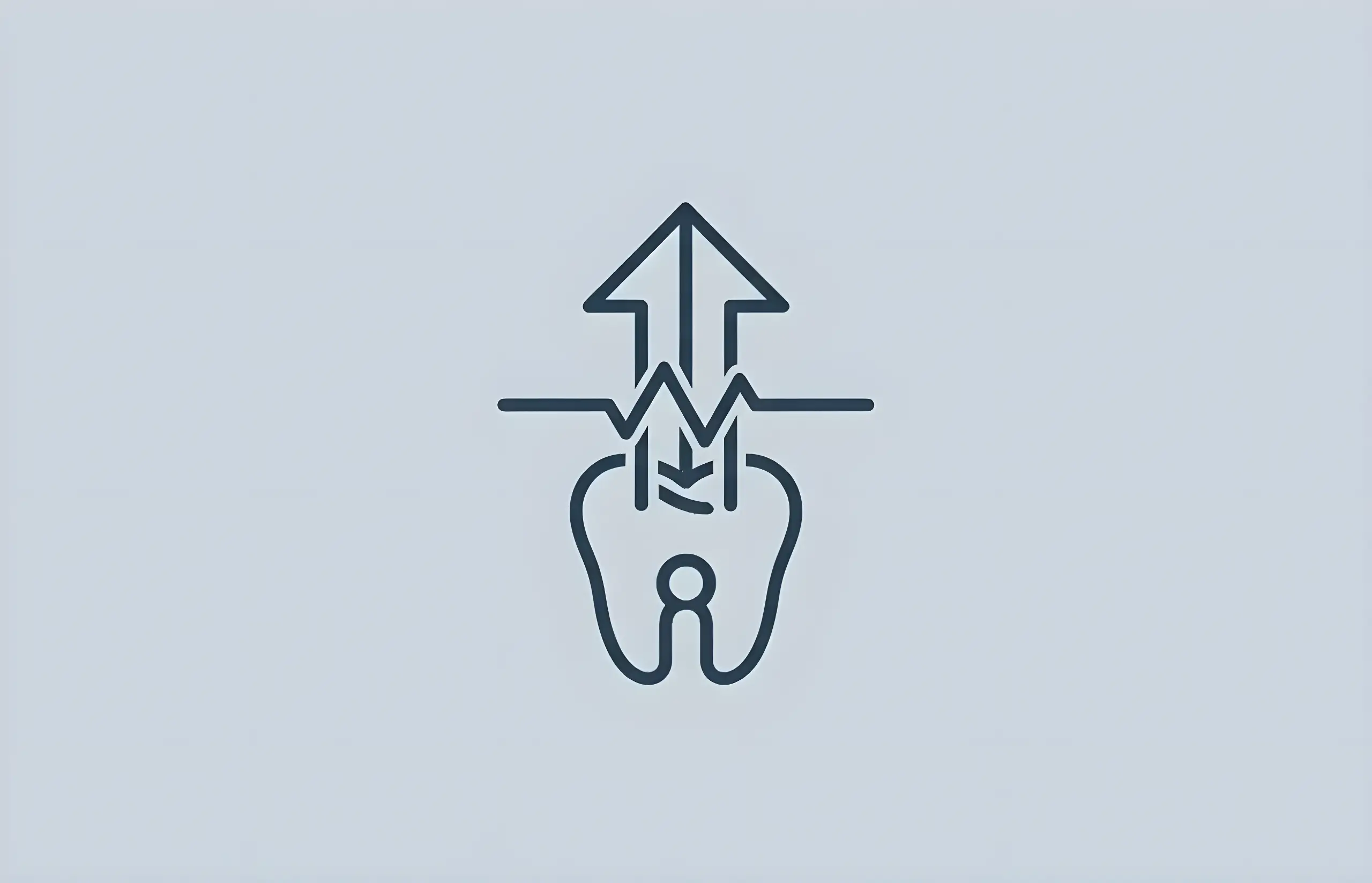
Are Dental Implants Painful?
Comprehensive guide to dental implant pain, including what to expect during surgery, post-operative recovery, pain management, and healing timeline
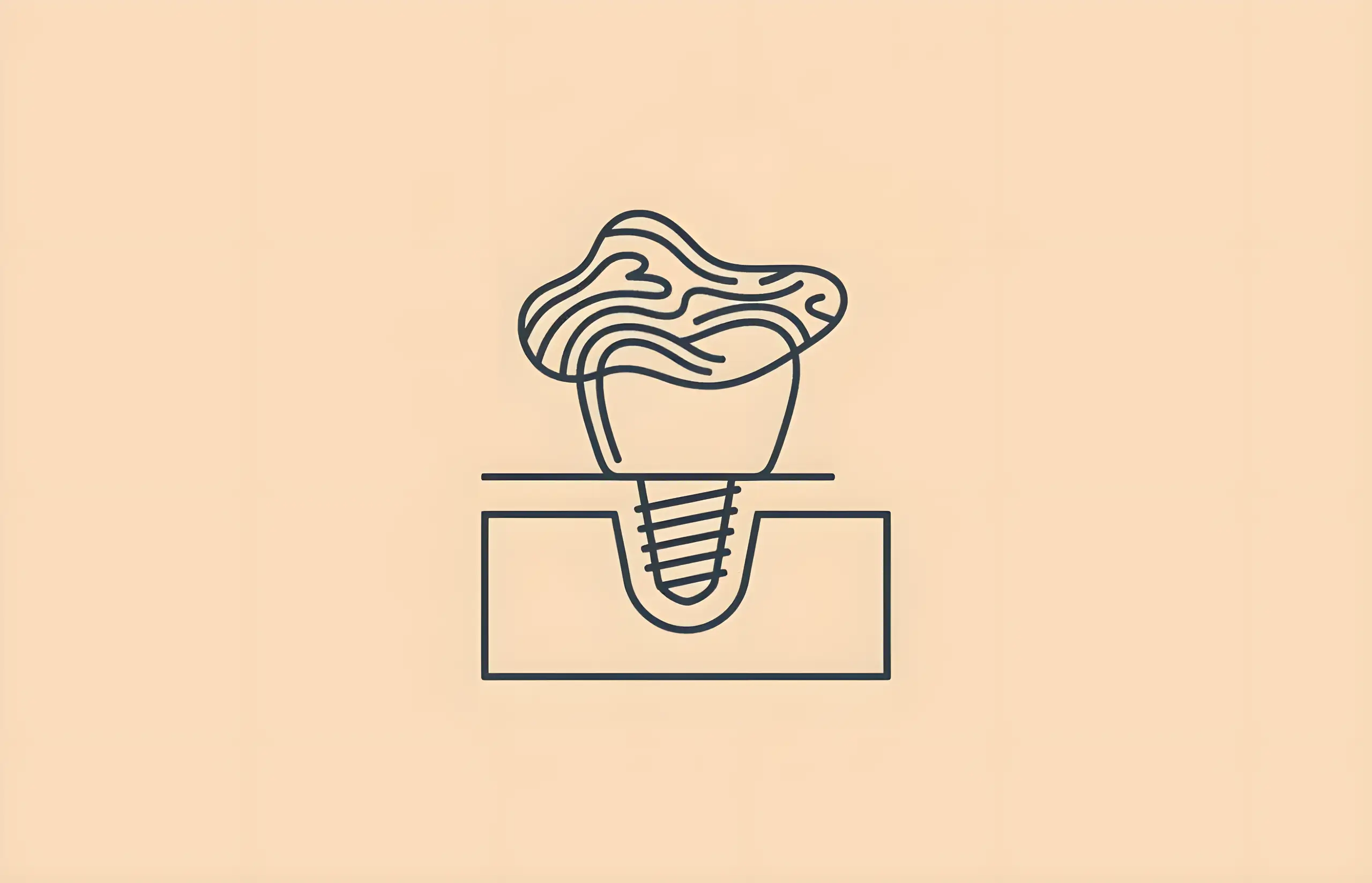
What Is The Best Bone Graft Material For Dental Implants?
Understanding autografts, allografts, and xenografts for dental implant bone grafting including success rates, benefits, and which material is right for you

Can Dental Implants Repair Bone Loss?
Understanding how dental implants can prevent and repair bone loss, including causes of bone loss, treatment options, and the role of bone grafts in implant procedures
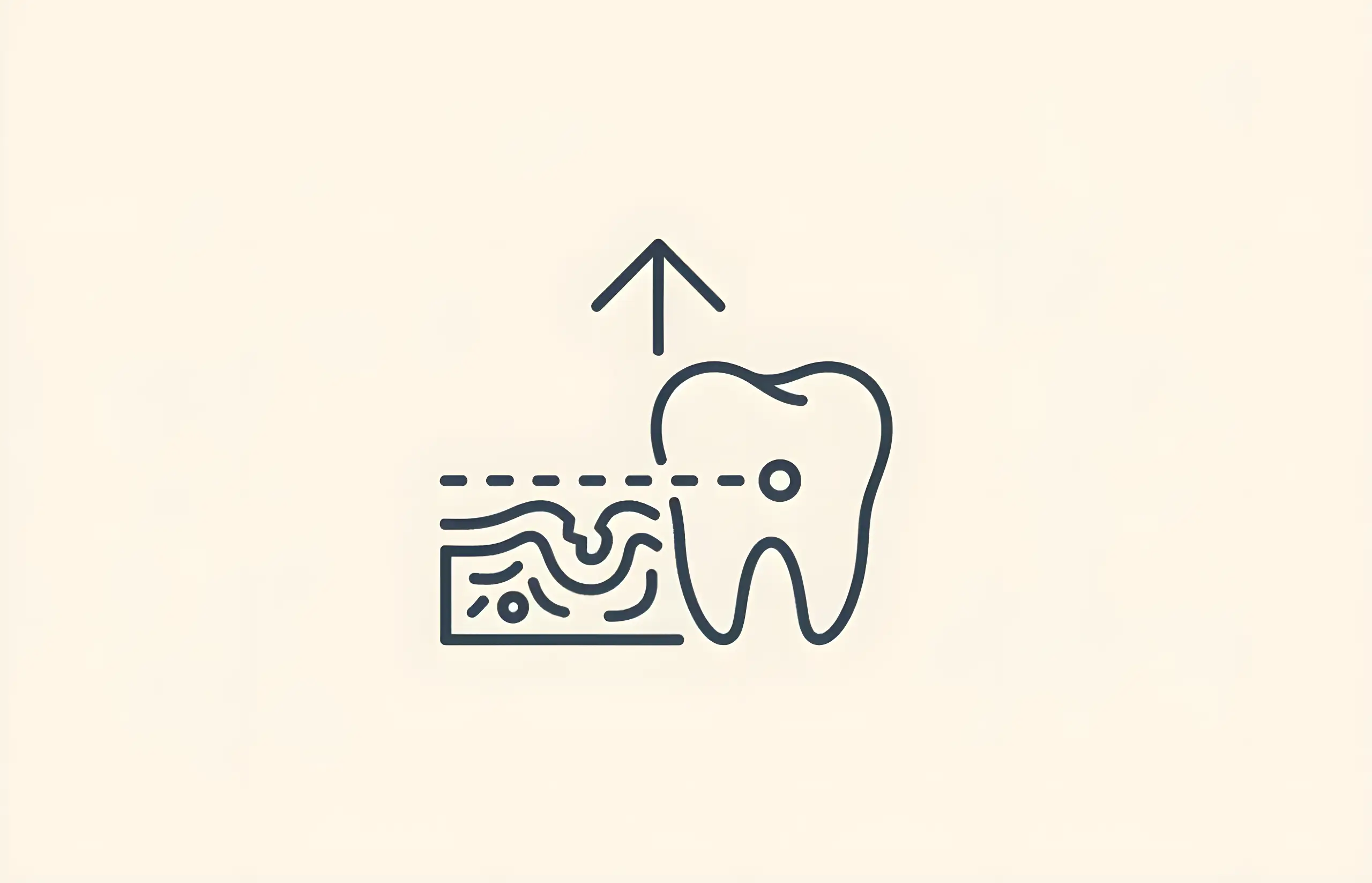
Can You Have Dental Implants With Gum Disease?
Complete guide to dental implants and gum disease including symptoms of periodontitis, success rates with treated gum disease, and treatment requirements before implant surgery

Are There Cheaper Alternative To Dental Implants?
Exploring affordable alternatives to dental implants including bridges, dentures, and All-on-4, with detailed information about costs, benefits, and drawbacks of each option

What Is The Cheapest Country For All On 4 Dental Implants?
Learn about affordable All-on-4 dental implants abroad including popular destinations like Mexico, Hungary, Poland, and Turkey, with success rates, safety considerations, and cost comparisons

How Much Does A Dental Implant Bone Graft Procedure Cost in the UK?
Complete guide to bone graft costs (£295-£2,400 per site), procedure details, reasons for bone grafts, and benefits of bone grafting for dental implants
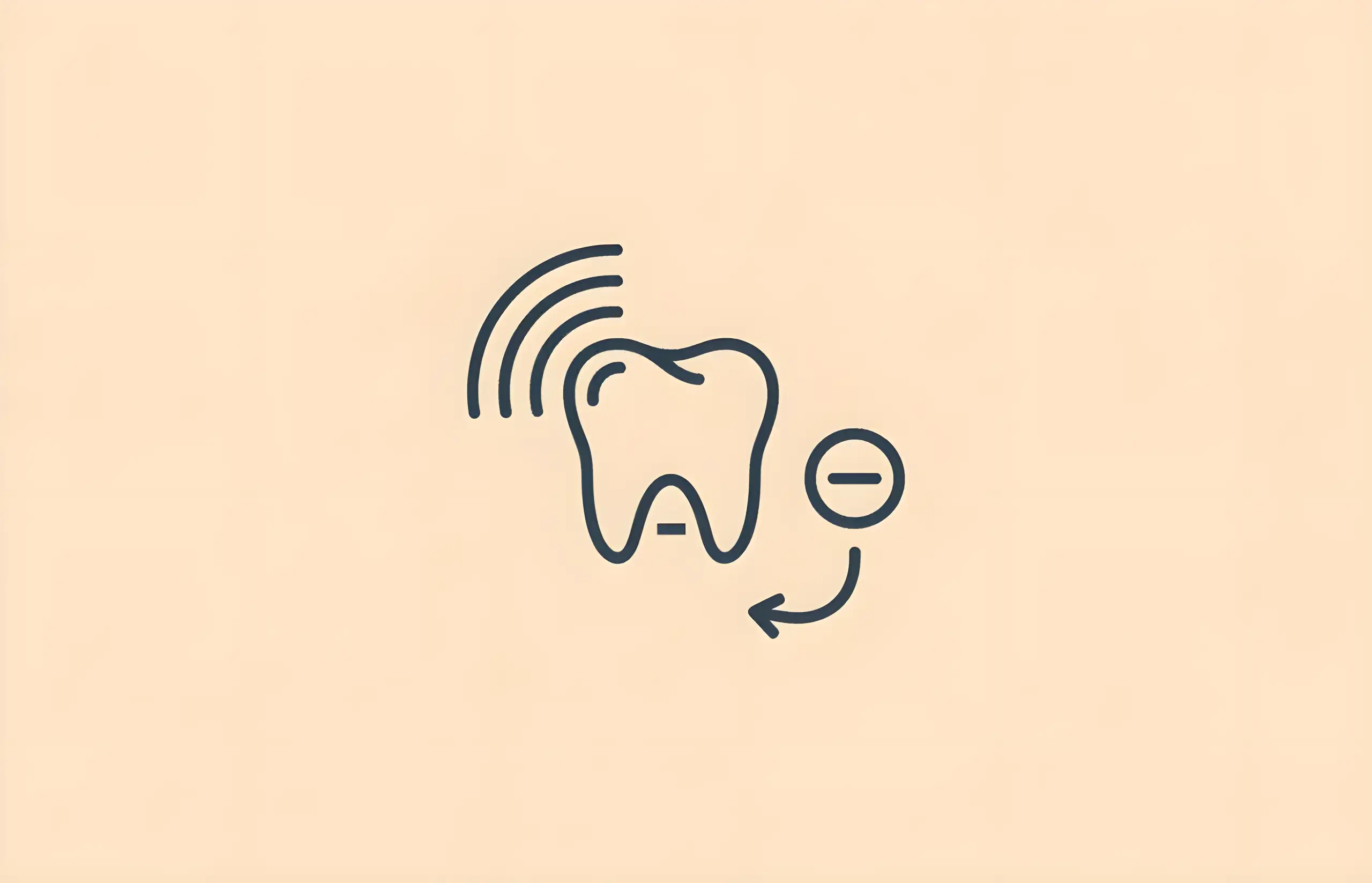
Everything You Need to Know about Dental Implants and MRI Safety
Comprehensive guide to MRI safety with dental implants including titanium compatibility, heating effects, displacement risks, artifact formation, ferromagnetic vs paramagnetic materials, and safety guidelines

What is a Normal Dental Implant Removal Recovery Time?
Comprehensive guide to dental implant removal procedures, recovery timeline (1-5 days), failure causes, removal techniques, and immediate reimplantation options with 96.7% success rate at 1 year

Dental Implants: Problems and Side Effects
Comprehensive guide to dental implant complications, risk factors (smoking, diabetes, gum disease), common side effects, peri-implantitis, infection rates, prevention strategies, and alternative treatments

Dental Implant Costs In The UK – Single Tooth and Full Mouth
Complete guide to dental implant costs, financing options, success rates, and what to expect from single tooth to full mouth implant treatments in the UK

Can You Get Dental Implants Under General Anaesthetic?
Comprehensive guide to anaesthesia options for dental implant surgery, including general anaesthesia, conscious sedation, and local anaesthetic choices
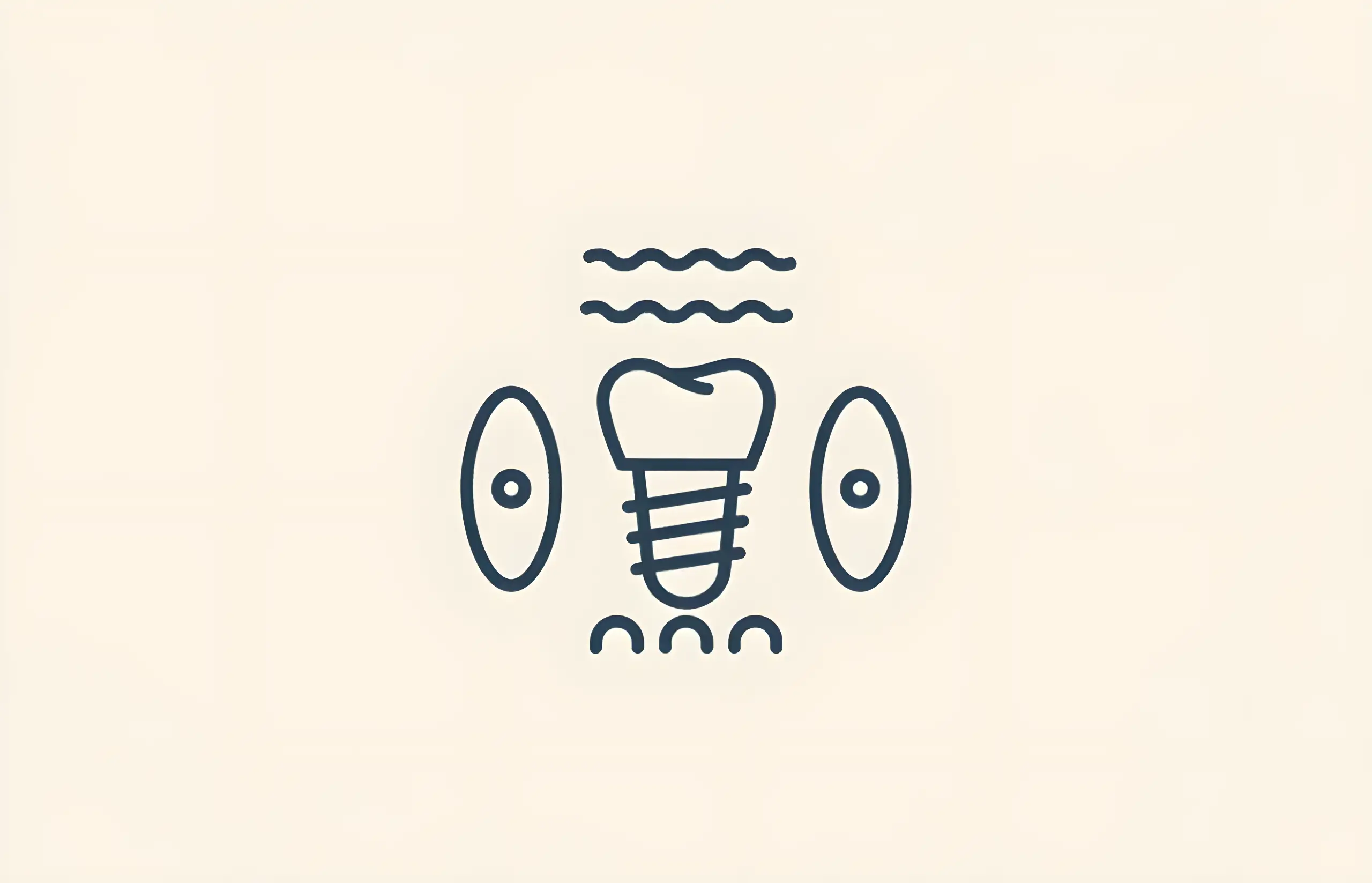
How Long Do Dental Implants Last?
Longevity and Survival Rates (96.8% at 10 Years, 94.0% at 15 Years, 78% at 20 Years)

What If You Do Not Have Enough Bone For A Dental Implant?
Comprehensive guide to bone augmentation procedures including ridge expansion, bone grafts, sinus lifts, and distraction osteogenesis for successful dental implant placement when jawbone is insufficient

The Pros and Cons of Dental Implants
A balanced overview of the advantages and disadvantages of dental implants compared to other tooth replacement options
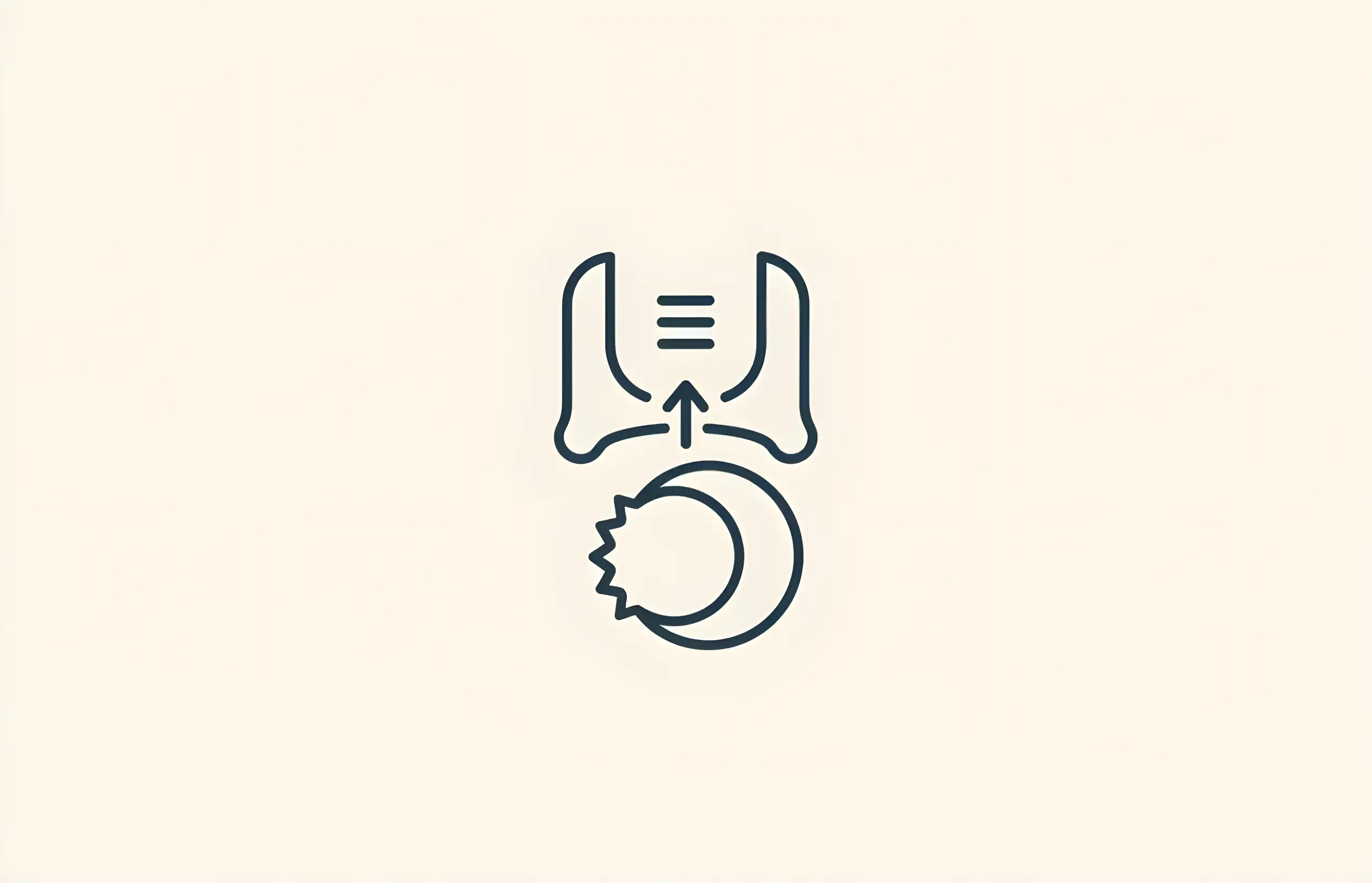
Causes Of Swelling After A Dental Implant Bone Graft
Comprehensive guide to post-operative swelling after bone graft surgery, timeline, risk factors, management strategies, and when to seek medical attention
About The Dental Guide
The Dental Guide is a trusted online resource providing evidence-based information about dental health, treatments, and procedures. Our content is created and reviewed by qualified dental professionals to help you make informed decisions about your oral health.
Our Mission
- Evidence-based dental information
- Expert-reviewed content
- Clear, accessible explanations
- Latest treatment options
- Patient-focused guidance
Editorial Standards
- GDC-registered dental professionals
- Peer-reviewed sources
- Regular content updates
- Medical accuracy verification
- Transparent authorship
Important Notice
The information on The Dental Guide is for educational purposes only and should not replace professional dental advice. Always consult with a qualified dentist for diagnosis and treatment recommendations tailored to your individual needs and circumstances.
Medically Reviewed
Reviewed by Dr. Nasim Mechoui , BDS (Bristol)
Share this article
Comments & Discussion
Have questions about dental implants? Share your thoughts or experiences.
